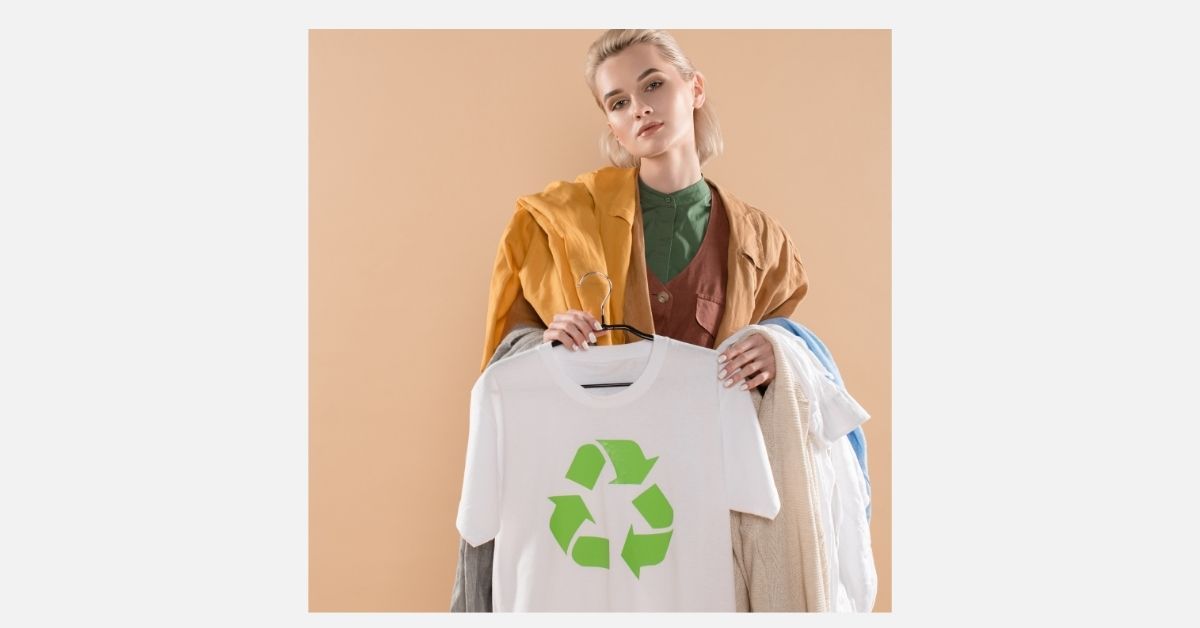The environmental and social impacts of fast fashion are finally beginning to come to the fore and consumers are beginning to wake up to this, but investors and governments need to step in to bring about real change, according to financial industry experts.
The pandemic this year has shone a light on the social damage inflicted by fast fashion, with the scandal around Boohoo’s supplier illegally underpaying garment workers in Leicester in particular bringing these issues to the fore.
Evidence also shows the fashion industry is responsible for devastating environmental impact. Every year, it uses staggering amounts of water for production and is responsible for around 10% of global carbon emissions. At the same time, wastewater from many textile factories releases toxic substances into rivers, while fibre production causes water pollution, soil degradation and deforestation.
See also: – Fast fashion footprint requires concerted action
Meanwhile, with 60% of clothing material derived from plastic, every year laundry alone accounts for the release of around half a million tonnes of microplastics into the ocean, which have catastrophic effects on wildlife and may also be harmful to humans.
But while some fashion companies are beginning to prioritise sustainability, these are few and far between. For example, a recent report by global environmental non-profit CDP revealed that less than half the companies in the global fashion and textile industry are disclosing data on water impact on their business, while only one in ten of these show awareness of water pollution across the value chain.
Rebecca Craddock-Taylor, director of sustainable investment at Gresham House, said: “Fast fashion, accelerated by the rise of e-commerce, has taken off in the UK, with each individual buying an estimated 26.7kg of clothing every year.
“However, each item of clothing is only worn seven times before being discarded hence over 5% of our landfills are textiles. Just one t-shirt requires the same amount of water that one person drinks in nearly three years – fast fashion is a resource intensive, wasteful industry.”
#boycottboohoo
These issues are not going unnoticed in the investment community. For example, the Boohoo scandal caused a number of ethical funds that previously held the stock to divest, including Lesley Duncan’s ASI UK Impact Employment Opportunities fund, where Boohoo was the largest holding at 3.4%, and Premier Ethical, which had a 3% holding.
Other asset managers, such as EdenTree Investment Management, are avoiding the entire fast fashion trend on ESG concerns, with the firm’s portfolio manager and ESG Clarity editorial panellist Ketan Patel saying “fast fashion is predicated on being disposable and cheap, both of which are not sustainable”.
“We don’t invest in fast fashion, preferring higher quality players like Next and Dunelm,” he says. “The larger players in mainstream fashion, such as Next, M&S, Inditex, are better placed to operate within a global supply chain that is well audited and transparent.”
Meanwhile, consumers have also been putting pressure on the fashion industry with social media campaigns such as the #boycottboohoo hashtag and changing preferences towards more sustainable brands and second-hand clothing.
“Despite the snaking queues outside some of the most worst offending fast fashion brands at the end of lockdown, the tide is beginning to turn on the demand for new clothing,” says Craddock-Taylor.
“As economic uncertainty continues, 4 out of 5 people say they would be open to purchasing second-hand clothing.
“New initiatives such as Oxfam’s #secondhandseptember and the significant growth in second-hand clothing apps such as Depop, which has over 15 million users worldwide, now means it is easier than ever to purchase pre-loved clothing.”
Pushing for change
However, consumers alone will not be able to drive long-term change, according to Therese Kieve, stewardship analyst at Sarasin and Partners. Investors and governments must step in to push for more ethical and sustainable fashion, and so far neither side is putting in enough effort.
“The movement needs to go further than hashtags,” she says. “The #boycottboohoo hashtag shone brightly for a while on social media but quickly faded into irrelevance while systemic problems remain in Leicester and elsewhere.”
While industry efforts to raise standards, such as Circular Fashion Fast Forward and the Ethical Trading Initiative, are welcome, Kieve says “we cannot fully rely on voluntary initiatives to drive change”. Instead, governments must set standards and ensure the fashion industry is sticking to them.
Initiatives could include better labelling based on independent verification, which would help consumers shop more responsibly, or imposing taxes linked to environmental costs similar to the 5p charge for plastic bags.
Meanwhile, long-term investors must hold companies to account and press for more responsible behaviour. “Investors are generally still not asking the right questions and need to probe more closely into their investee companies’ activities,” Kieve says.
The sorts of questions investors should be asking include: What do the brands know about their supply chains? Have they made long-term commitments to their suppliers (particularly in light of Covid-19)? Do they understand the true costs associated with production? What percentage of their own staff is covered by unions and what is their relationship like with the key unions?
“Above all, we need to ensure that there are actions, not just talk,” says Kieve. “We are still miles away from fast fashion being sustainable fashion.”








